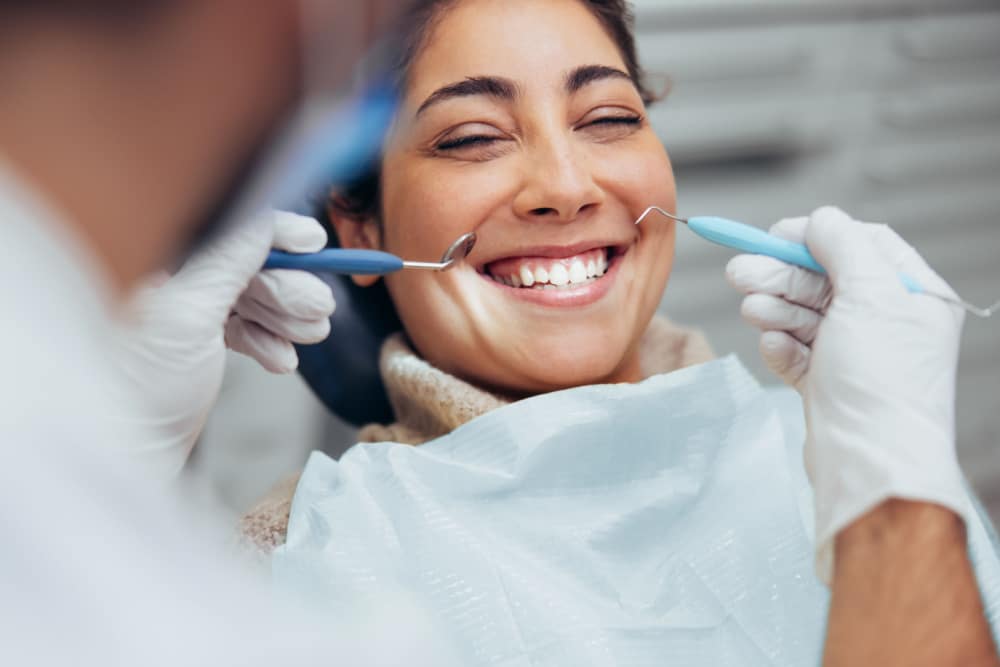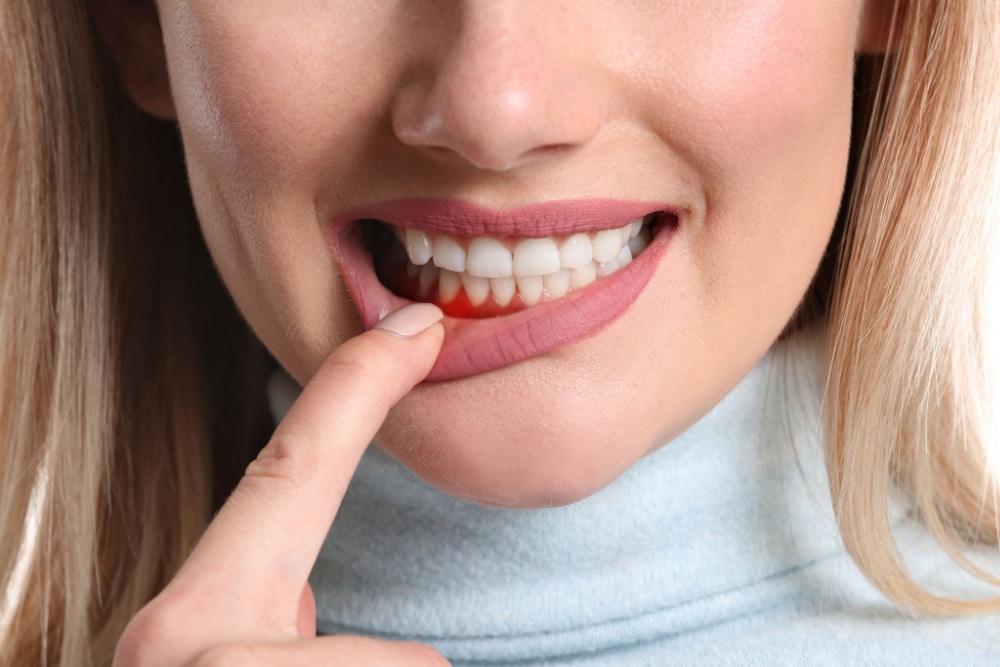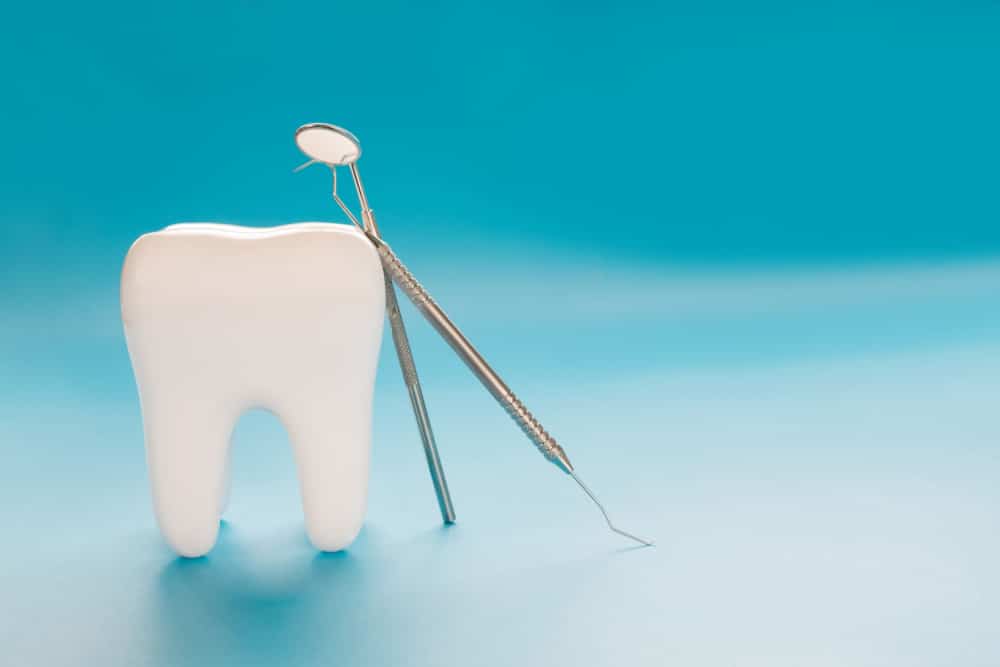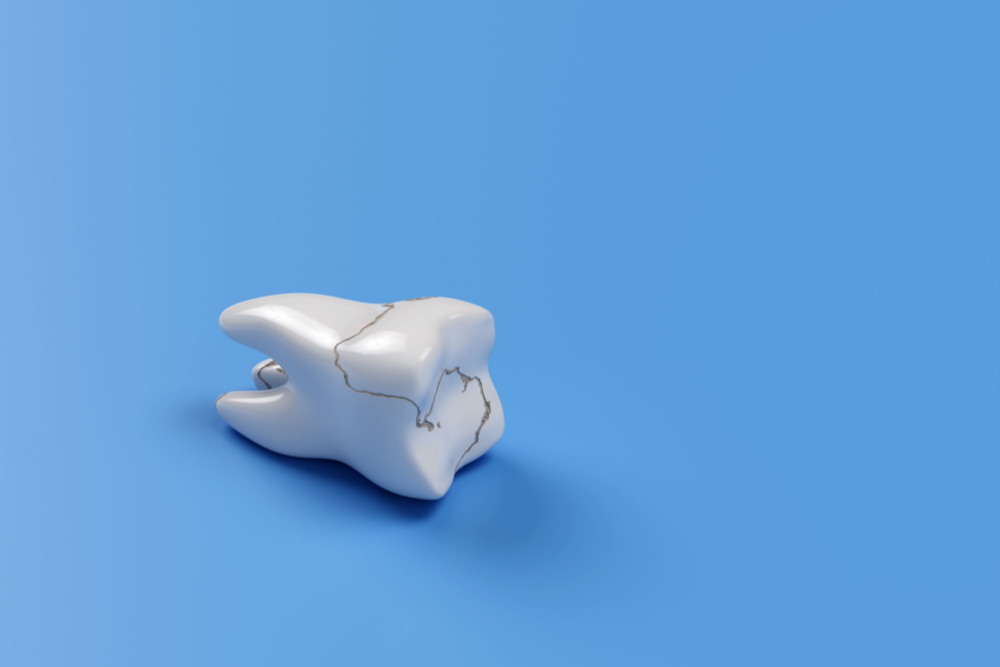Abfractions might sound like an unusual word, but it simply refers to a specific type of tooth substance being lost. We will be discussing the causes of this tooth damage and how you can treat a developing abfraction to help you maintain a beautiful, healthy smile.
What Are Abfractions?
Abfractions are small wedge-shaped grooves that form on the teeth near the gumline. These are unrelated to cavities or bacteria that could eat away at the enamel on the tooth and cause similar damage. Although abfractions are generally not painful, the loss of tooth structure could lead to further chipping and loss of enamel which leaves the teeth and gums exposed to harmful bacteria that could cause tooth decay or gum disease.
What Causes Abfractions?
Not all the causes of abfractions are known, but these are a few possible causes that we can address at your appointment:
Misaligned Bite
Even if your bite is slightly off, one tooth could connect with the parallel teeth sooner than the rest. This can cause the teeth to flex over time because of the stress and pressure put on them. This flexing causes the enamel to separate from the inner layers of the tooth, creating an abfraction or notch near the gumline. To correct your bite and stop the teeth from pushing against each other, we can smooth down areas of the chewing services to redistribute the force of your bite.
Teeth Grinding
Teeth grinding and clenching are another source of stress for the teeth that could cause the enamel to separate from the dentin layer, leading to an abfraction. Teeth clenching can be especially harmful because the constant pressure could also cause jaw pain, headaches, and other dental problems. Teeth grinding and clenching can be prevented with a nightguard that will protect your teeth.
Abrasive Brushing
People often think that you can scrub away bacteria with harsh brushing but applying too much pressure when brushing your teeth can actually cause more damage. Abrasive toothbrush bristles could be responsible for the gradual loss of tooth substance causing the abfraction. We can recommend toothbrushes with soft bristles and different types of toothpaste to better maintain your oral health.
How Can You Treat Abfractions?
After treating the cause of the abfraction, our dental team can treat the abfraction itself. We can restore the lost tooth substance with a filling or cover up the gap with gum tissue to prevent harmful bacteria from getting trapped under the gums. Tooth-colored fillings will make the repair invisible so that you can enjoy a beautiful smile and significantly improved oral health.
Schedule an Appointment
If you think you may be developing an abfraction, schedule an appointment at South Meadow Dental & Orthodontics in Reno, NV. Our dental team will be happy to give your teeth an examination so that we know the type of damage we are dealing with and how to best treat it.









